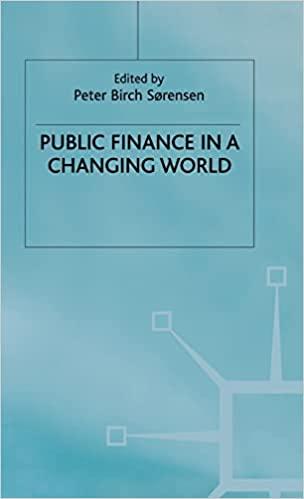Question
1. Lamar is looking to refinance his mortgage. His current loan has 120 monthly payments of $1,350 remaining. His new mortgage will require 180 monthly
1. Lamar is looking to refinance his mortgage. His current loan has 120 monthly payments of $1,350 remaining. His new mortgage will require 180 monthly payments of $900. Assuming a principal value of $162,000 for both loans, what do you know about the interest rate of the current mortgage compared to the new mortgage?
- Current interest rate = New interest rate
- Current interest rate < New interest rate
- Current interest rate > New interest rate
2. Lamar is looking to refinance his mortgage. He has already locked-in a new mortgage payment of $1,522 for the next 360 months, and closes on the new mortgage next week. Prior to closing Lamar's bank announces that interest rates are increasing. Should Lamar try to get out of the new mortgage that he had locked-in, and refinance at the new higher interest rate? Why should he make that decision?
- Yes, the new higher interest rate would provide Lamar with additional income
- Yes, the new higher interest rate would provide more savings for Lamar
- No, the new higher interest rate would provide Lamar with less income
- No, the higher interest rate would be a more expensive loan for Lamar
Step by Step Solution
There are 3 Steps involved in it
Step: 1

Get Instant Access to Expert-Tailored Solutions
See step-by-step solutions with expert insights and AI powered tools for academic success
Step: 2

Step: 3

Ace Your Homework with AI
Get the answers you need in no time with our AI-driven, step-by-step assistance
Get Started


